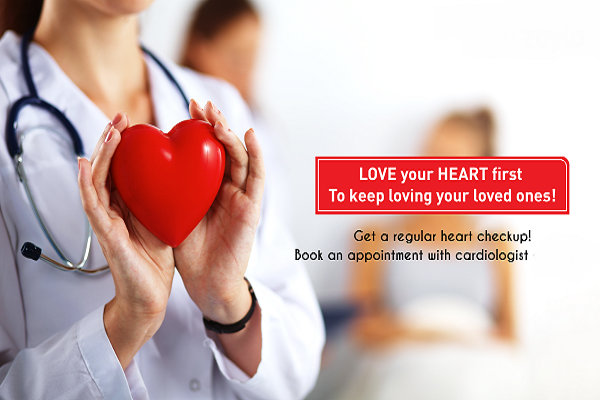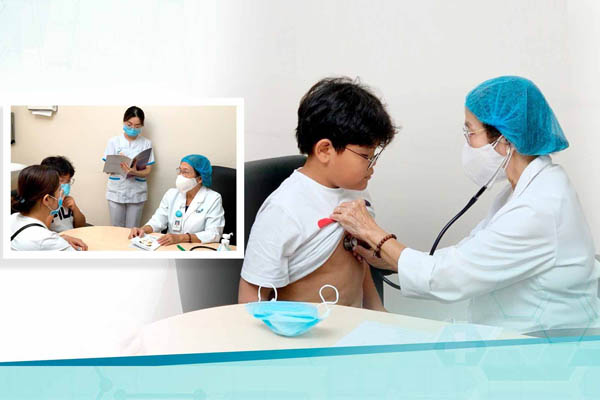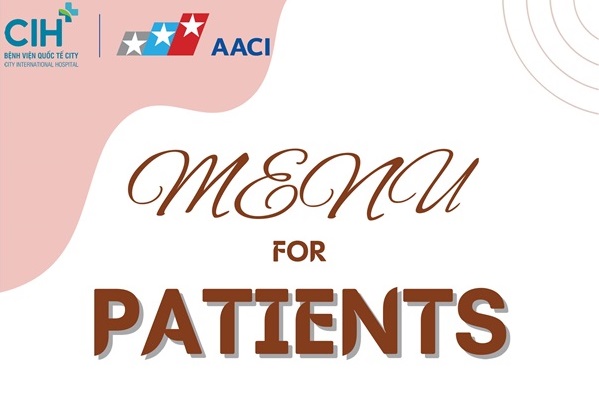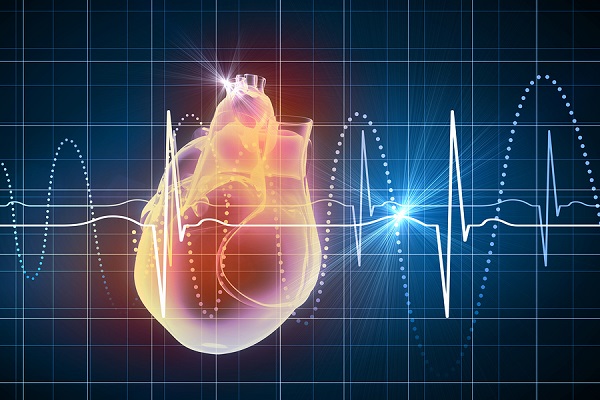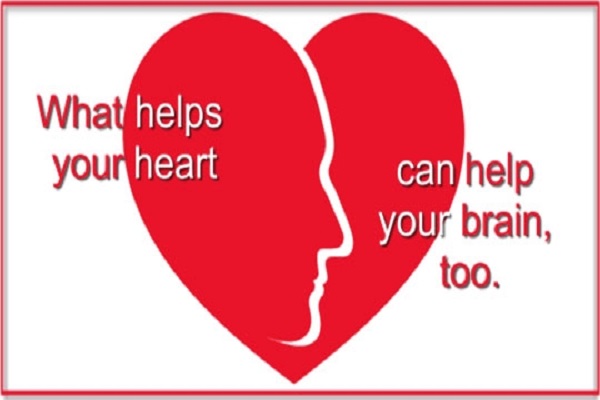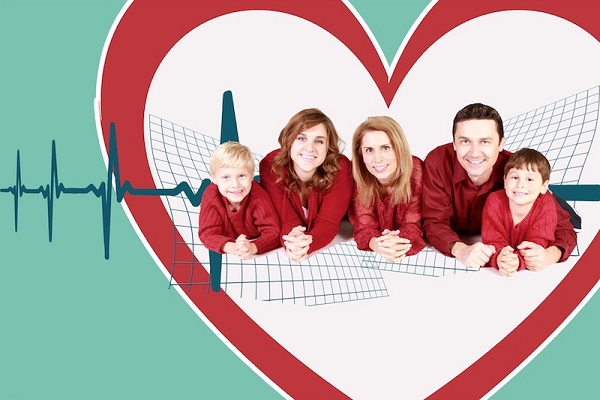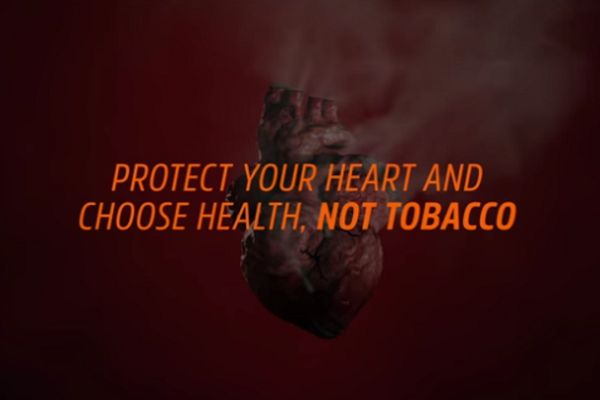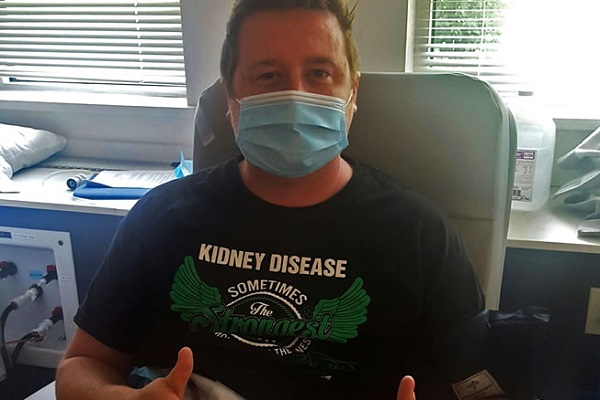Thinking about heart disease can be enough to make palms sweat and minds race. It is, after all, the number one cause of death in many developed countries. But did you know that stress can actually increase your risk of heart disease?

What We Know About Stress
The exact correlation between stress and our hearts isn’t entirely clear, but countless studies show that the two are related. The Women’s Health Study sampling revealed that women with highly stressful jobs were as much as 40% more likely to develop heart disease than women who faced fewer professional demands. Another found that heart attacks were more common among adults who had experienced stressful events including divorce, job loss, retirement, or injury in the past year.
All of this points to the importance of stress management in preventing and managing heart disease. Whether you’re one of millions of Americans who already has heart disease or are considered at risk, keeping stress in check is essential to reducing your chances of a heart attack or stroke.
Stress: One Word, Many Faces
- Acute stress is tied to specific events, from running late to public speaking. Occasional acute stress can actually be a good thing, motivating you to work harder and face fears.
- Chronic stress is the kind of ongoing strain that wears people down. Money woes, unhealthy marriages, demanding jobs and toxic relationships are some common causes.
One of the trickiest things about pinpointing stress is there’s no single, defining characteristic or cause. The work deadline that keeps you awake at night might not bother your coworker. You might sweat, shake, or turn to cigarettes under pressure, whereas someone else feeling just as anxious appears cool as a cucumber.
Whether a person shows stress or not, though, one thing is clear: Situations that register as stressful affect your hormones as well as your cardiovascular, respiratory and nervous system. Your heart beats faster, you’re more likely to sweat, and “fight or flight” impulses set in as your body, thinking it’s under attack, prepares to engage danger or escape.
The Connection to Heart Health
- Stress often causes people to overeat, drink alcohol, lose sleep, exercise less, or smoke - all proven threats to cardiovascular wellbeing. This is why some researchers consider stress an indirect cause of heart disease.
- Others believe that heightened activity in the amygdala, a part of the brain that releases white blood cells during stress, is directly responsible when these cells build up on the walls of arteries, causing blockage.
- Still another group thinks that the link between stress and heart disease is the result of prolonged exposure to elevated stress hormones like cortisol.
Post-Diagnosis Management
Whatever the exact correlation, one thing is crystal clear: The importance of a sound mind in preventing heart hurdles at any stage – including situations where a patient has already been diagnosed. A recent study found that cardiac rehabilitation patients who received stress management training were 50% less likely to suffer another heart attack or stroke.
Managing Stress On Your Own
Avoiding stressful situations is an obvious way to reduce stress. As we all know, though, it’s not always that easy. If you can’t simply walk away from stressful situations, lessen their effects with one of more of the following proven changes:
- Meditate, practice mindfulness, or pray- all three are proven to put you at ease both during the practice and afterward.
- Exercise – the physical benefits of exercise are well known, but exercise is wonderful for the mind, too. Even a short walk around the block can improve your outlook.
- Pick up a hobby – doing the things we love distracts us from things that stress us out. Think about what makes you happy (or made you happy as a child) and start from there.
- Share your struggle –the people closest to us sometimes cause us the most stress, whether they realize it or not. Remind your friends and family that stress can truly be a matter of life or death. Talk to them openly and honestly about ways they can help make your life less stressful, whether it means helping with errands or taking gossip someplace else.
Your Heart Health Starts With You
While your physician can help you maintain your heart health with regular checkups, your heart health begins at home, where you make choices every day that impact your heart. There are many easy but effective ways to make sure you’re keeping your heart’s health a priority.
Your heart is always working hard for you — but you can make its job a little easier and a lot more effective with a healthy, heart-centered lifestyle.
A heart health consultation is important, but recent studies point out that many patients may be subjected to unnecessary screening or testing, which may then result in overdiagnosis and overtreatment. City International Hospital has also outlined some of the commonly ordered but unneeded exams, which may include stress cardiac imaging. They then suggested that such tests should not be part of routine screening.
For appointment or more information about the services provided by Cardiology Clinic, please contact:
- Head of Department: Dr. Nguyen Huu Tung
- Nurse Station: (8428) 6280 3333, ext. 8241 or 8249
- Reception Desk: (8428) 6280 3333, ext. 8330
- Operator: (8428) 6280 3333, ext. 0
- Address: No. 3, 17A Street, Binh Tri Dong B Ward, Binh Tan Dist. (Next to AEON Mall Binh Tan). Ho Chi Minh City.
- Website: https://cih.com.vn/en/
- Email: This email address is being protected from spambots. You need JavaScript enabled to view it.
